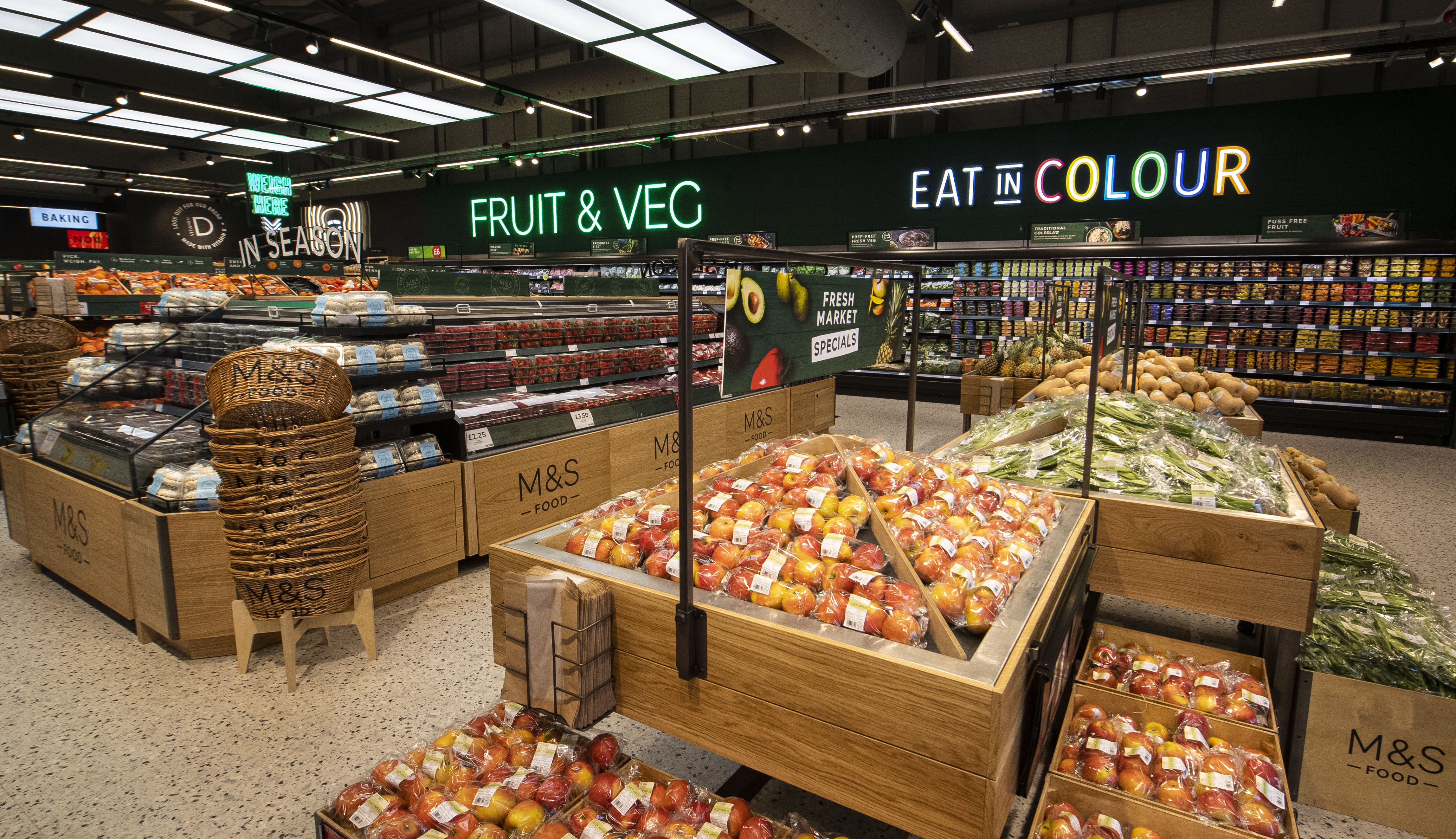The UK’s food retail market is set to experience limited growth in 2023 as a result of the country’s cost-of-living crisis.
According to market researcher NielsenIQ, the market will be limited to around 5 per cent growth as a result of a squeeze on disposable income and the Bank of England’s warning of a long recession. A government watchdog has also predicted the biggest curb on living standards since records began in the 1950s.
The researcher predicts that 33 per cent of households will only have enough money for essential spending, while 5 per cent will be able to spend freely.
Speaking to Reuters, NielsenIQ's UK head of retailer and business insight Mike Watkins predicted that this worsening financial condition will “start to influence shopper behaviour and reframe overall retail spend.”
While NielsenIQ noted that grocery sales rose to 10.9 per cent year-over-year in December, with supermarkets benefitting from the UK’s extreme cold snap in early December and industrial rail action with held back spend in hospitality. This growth however covers over a drop in volumes when accounting for inflation.
The researcher also said that food retail’s online sales rose by 2.8 per cent in December, but that the segment’s overall share of the grocery market fell to 10.4 per cent versus 11.2 per cent in December 2021.
Given the UK’s cost-of-living crisis, Lidl GB boss Ryan McDonnell has predicted that more shoppers will switch from traditional supermarkets to its discount brand of grocery shopping following a bumper December. The retailer, which saw an annual increase of 1.3 million shoppers in the seven days leading up to Christmas 2022, is one of two fast-growing discount supermarkets operating in the UK along with fellow German rival Aldi.
McDonnell said: "We know they switch to us to make savings, but then they stay with us when they realise that they’re not having to compromise on quality, and this Christmas was no exception.”
Latest News
-
Deliveroo to offer flexible funding for UK restaurants
-
Asda names B&Q marketing executive to lead brand strategy
-
BRC ‘cautiously optimistic’ as decline in retail footfall slows
-
Co-op to offer member prices on Just Eat
-
Debenhams first UK retailer to roll out PayPal’s agentic AI assistant
-
Starbucks installs new payment tech in 943 European stores
Beyond Channels: Redefining retail with Unified Commerce
This Retail Systems fireside chat with Nikki Baird, Vice President, Strategy & Product at Aptos will explore how unified commerce strategies enable retailers to tear down these barriers and unlock new levels of operational agility and customer satisfaction.
The future of self-checkout: Building a system that works for consumers and retailers
In this webinar, industry leaders discussed what the future of self-checkout looks like and how retailers can make the technology work for everyone.
© 2024 Perspective Publishing Privacy & Cookies










Recent Stories